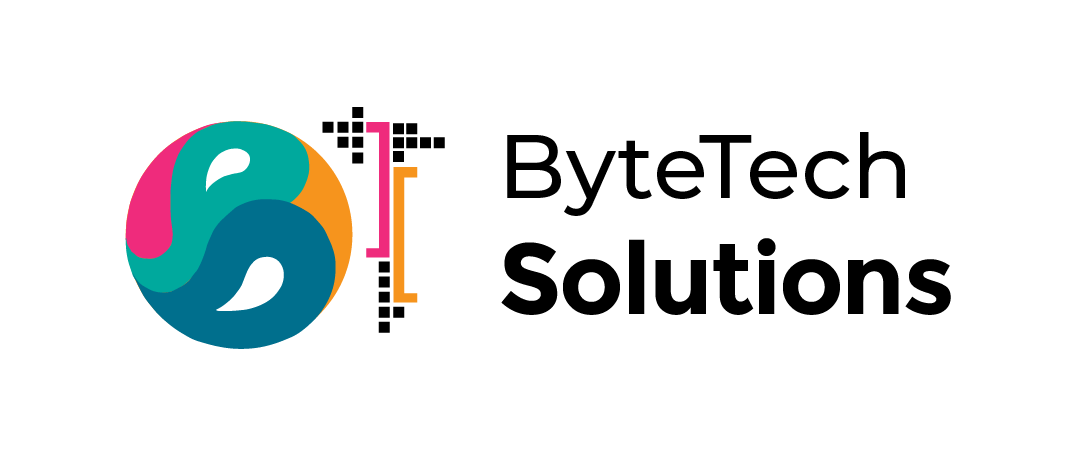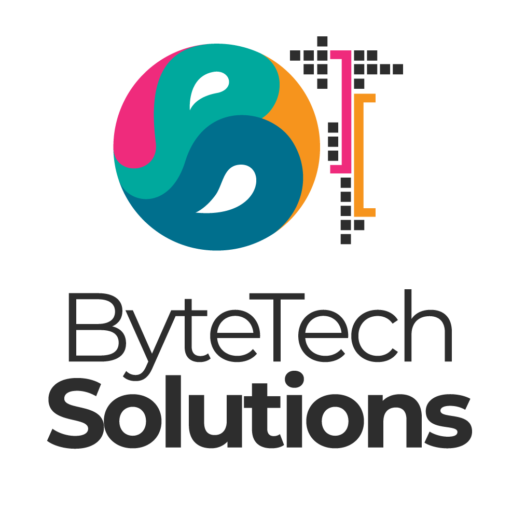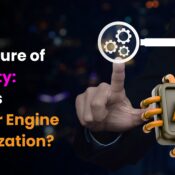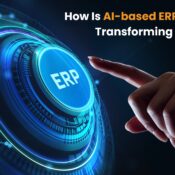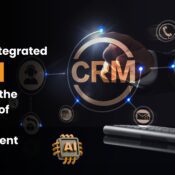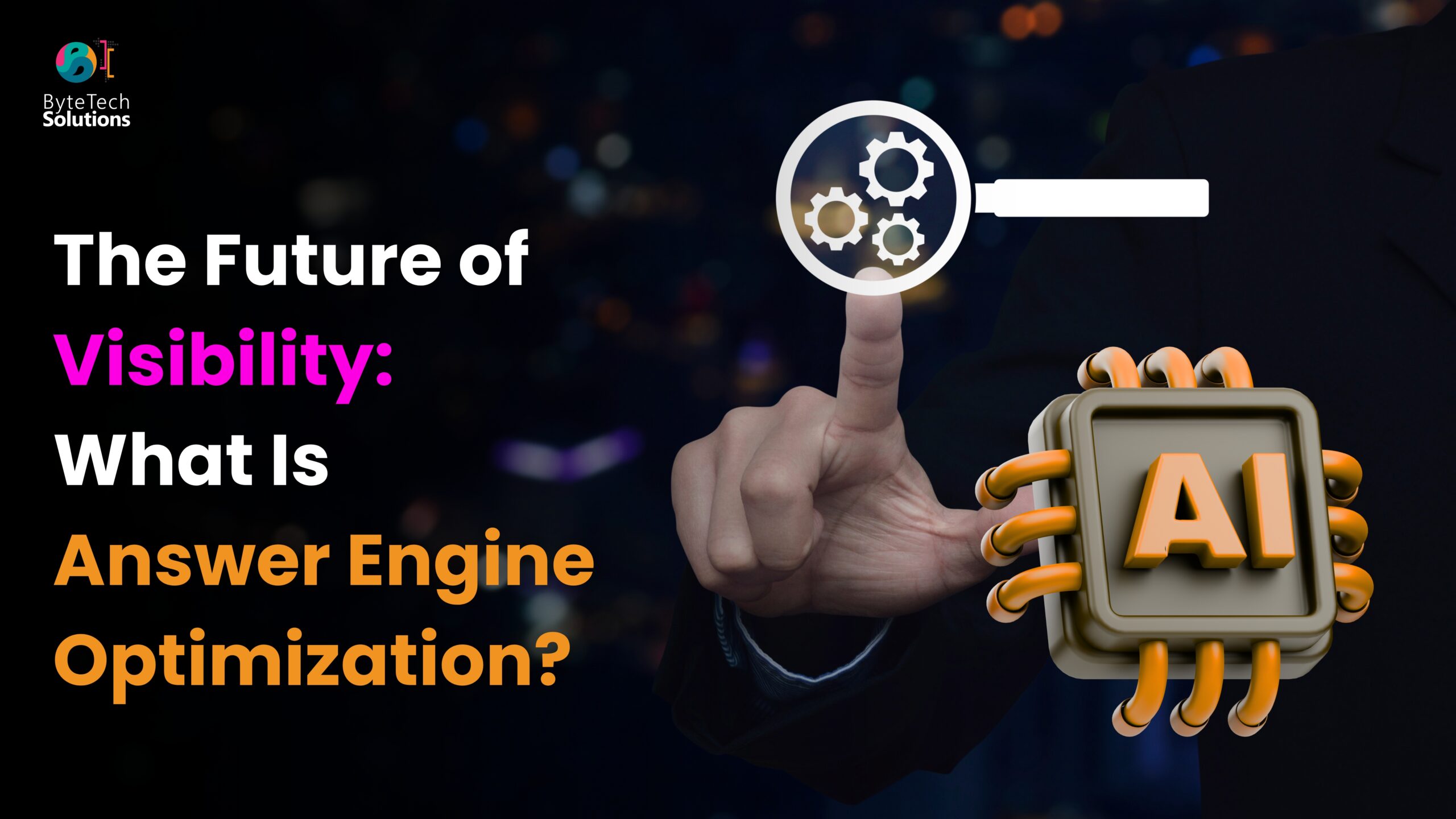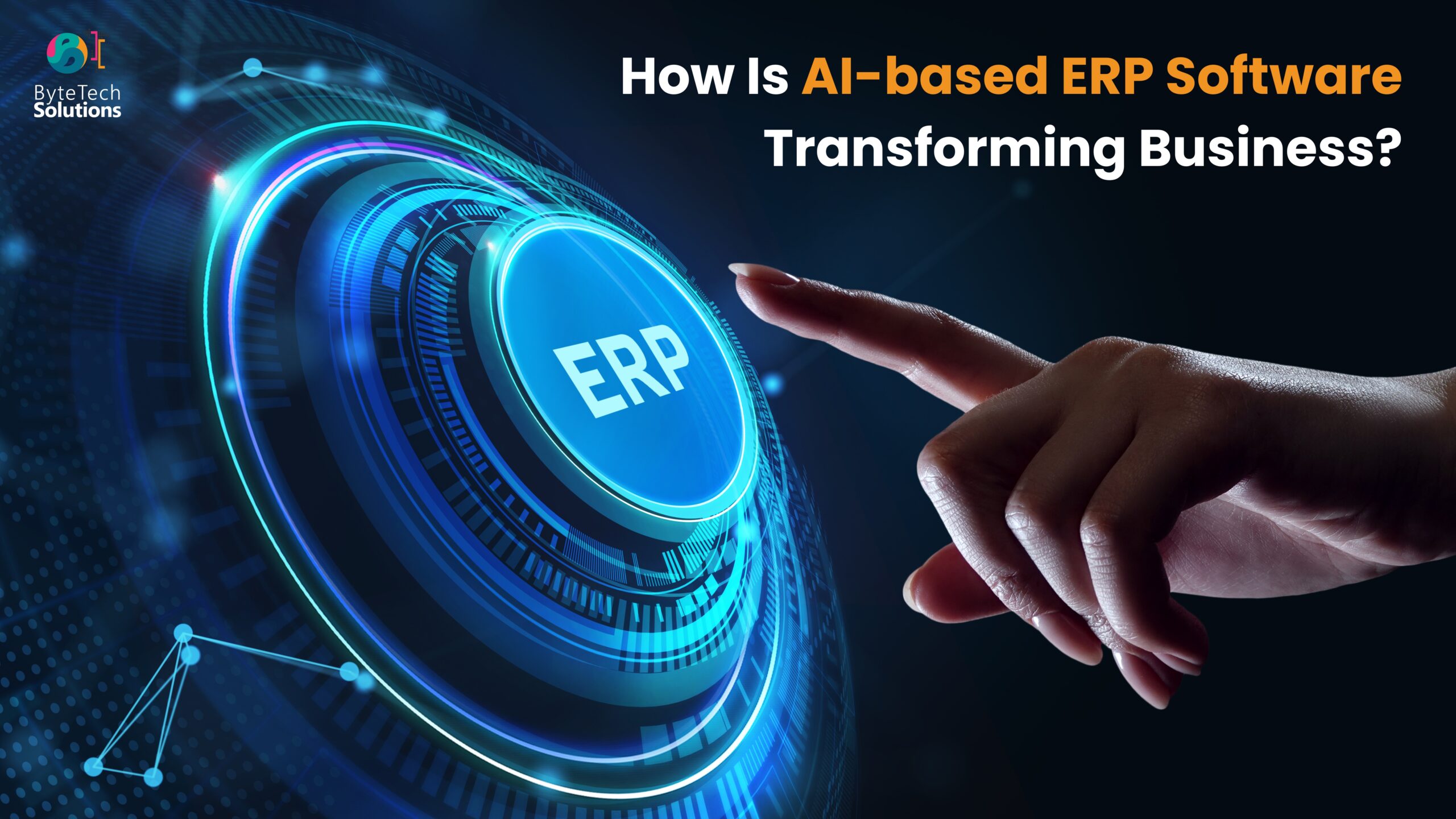
How Is AI-based ERP Software Transforming Business?
AI is influencing ERP software, implementation, and selection. Learn from Third Stage Consulting about trends, use cases, and cloud integration strategies.
How Is AI-based ERP Software Transforming Business?
ERP software vendors are all talking about AI. AI is a hot thing right now in the enterprise tech space, but is AI a real thing and how does it affect ERP software? That’s what this blog is going to explore. All the major ERP software vendors are talking about the possibilities and the capabilities they’re building within artificial intelligence. And even in cases where the software vendor hasn’t really built the capabilities, they’re already starting to market their future state vision of how they’re going to use AI.
Let’s dive into how real AI is, what it means to your potential ERP software selection, as well as what it means to your ERP implementation.
How AI is Changing ERP Systems?
The Value of Historical and Third-Party Data
Now, the first way that AI is changing and improving ERP software is that it’s allowing organizations to finally take advantage of all this data they’ve been accumulating.
If you think about organizations, we’re starting to automate their business processes and starting to automate their data capture, and certainly that trend has accelerated. Most organizations were on some sort of electronic computer system, starting to collect data. So you’ve got organizational history that a lot of organizations have that have been around for a long time, but they haven’t known what to do with this data.
They’ve had dirty data, they’ve had trouble mapping it, and they’ve had trouble migrating it to new systems as they’ve done upgrades. So that’s been a problem in the past, but now with AI, if we can get our data right, it gives us a way to actually make use of that data.
So instead of just having reams and reams of transactional data, now we can use AI to make more sense and more meaning of it. We can also use predictive analytics and machine learning and other aspects and subcomponents of AI to help us predict the future and understand what might happen based on some of our historical data.
And it’s not just our internal data that AI within ERP software is allowing us to take advantage of; it’s also third-party sources of data. So if we can look at external macroeconomic indicators or weather patterns or other things that might affect our business, we can take those datasets and integrate it with our core internal data and then use AI models to help predict the future. So as more ERP software vendors continue to build up their AI capabilities, more of them are going to find ways to improve the way organizations are getting value from AI.
Conversational and Generative AI:
The lowest-hanging fruit for AI within ERP software systems and the deployments that go along with them is going to be generative and conversational AI. It’s essentially the component of AI that allows you to talk to the system or type a question within a system and have a conversation rather than having to go into a system, go to a specific report, or go to a specific set of transactions to find the data you’re looking for.
If any of you have tried or used ChatGPT, for example, that’s an example of conversational AI. You can type a question within ChatGPT or ask it to analyze something, and it’s going to come back with a response. You don’t have to go Google a bunch of results. You don’t have to go into your ERP system to pull a bunch of data.
And this is where a lot of ERP software vendors are starting. They’re starting with these conversational AI models that sit on top of their ERP platform in the ERP database to allow you to interact with the system differently.
Creativity in ERP Reporting and Analysis
Now, in addition to generative and conversational AI, other creative uses of AI are being used by ERP software vendors and some of the more innovative companies that are deploying ERP systems.
One example is just being able to analyze data in unique ways. So if we’ve always had a report that was run a certain way or showed a certain set of data, not only can we now just conversationally ask the AI interface for that same information without having to go create a report manually, now we could ask it to go a step further and create a graph that compares different subsets of data or create a visual representation in a way that we haven’t done before.
So it really allows us and allows employees within our organizations to think outside the box of how we could be using these ERP systems and the data within them to capture information and analyze information, and create outputs in different ways than we ever have.
The Role of Third-Party AI Tools
Now it’s important to recognize that as we’re talking about ERP software and AI, it’s not just the AI capabilities that are being built within the ERP systems themselves that you have as an option.
You also have the option of a standalone AI solution, and there are a lot of AI vendors out there, a lot of upstarts and startups that are creating AI solutions that can be bolted onto or work within a certain technical landscape.
For example, you have AI solutions that are allowing you to access data from multiple systems, and they’re allowing you to analyze that data and create outputs. It creates some of the analyses and predictive analytics and some of the forecasting that AI affords, but it’s not necessarily something you have to rely on that ERP software vendor to provide.
So when you’re evaluating ERP systems, it may be worth not only looking at the AI capabilities of whatever system you’re looking at but also looking at the third-party AI solutions that might work with that ERP system.
AI and the Cloud: A Perfect Match
Now, what’s fascinating about AI and ERP software is that it sort of triangulates itself or comes together with another trend in the market, which is the movement to the cloud.
ERP software vendors are, for the most part, in mass, moving to the cloud. They’ve transitioned their on-premise legacy systems or are in the process of transitioning those systems to cloud solutions that are largely rewrites of that legacy software. And the beauty here in addition to other benefits of deploying cloud technology, is that it enables AI in a way that we haven’t seen before.
So if you think about your old legacy systems and some of the security issues you might have had and some of the silos of data, the lack of interconnectivity that you might have had, and the dirty data, it didn’t lend itself well to capitalizing on AI in the way we can today. Fast-forward to cloud solutions; now you’ve got a standard data model, standard business processes, less likelihood of corrupting the data because now you have standard processes to manage that data, and you’ve got all your data now presumably in one place in the cloud.
And that’s where AI shines because now AI can be used and rely upon more reliable data to help fuel the models and help provide information and help provide value that AI can afford.
FAQs
What is the role of AI in ERP software?
AI in ERP helps automate processes, analyze large datasets, provide predictive analytics, and enhance user interaction through conversational interfaces.
Can I use third-party AI tools with my ERP system?
Yes, many organizations integrate standalone AI tools that complement existing ERP software, especially when native AI features are limited.
What is conversational AI in ERP systems?
Conversational AI allows users to interact with the system using natural language queries instead of navigating through menus and reports.
Is cloud necessary for effective AI in ERP?
While not strictly required, cloud ERP platforms offer better data centralization and structure, making AI more effective and scalable.
Are all ERP vendors offering AI capabilities?
Most major ERP vendors are developing or marketing AI features, though the maturity and availability of these features vary significantly.
All Categories
Recent Posts
The Future of Visibility: What Is Answer Engine Optimization?
How Is AI-based ERP Software Transforming Business?
Solutions for all small and large business

